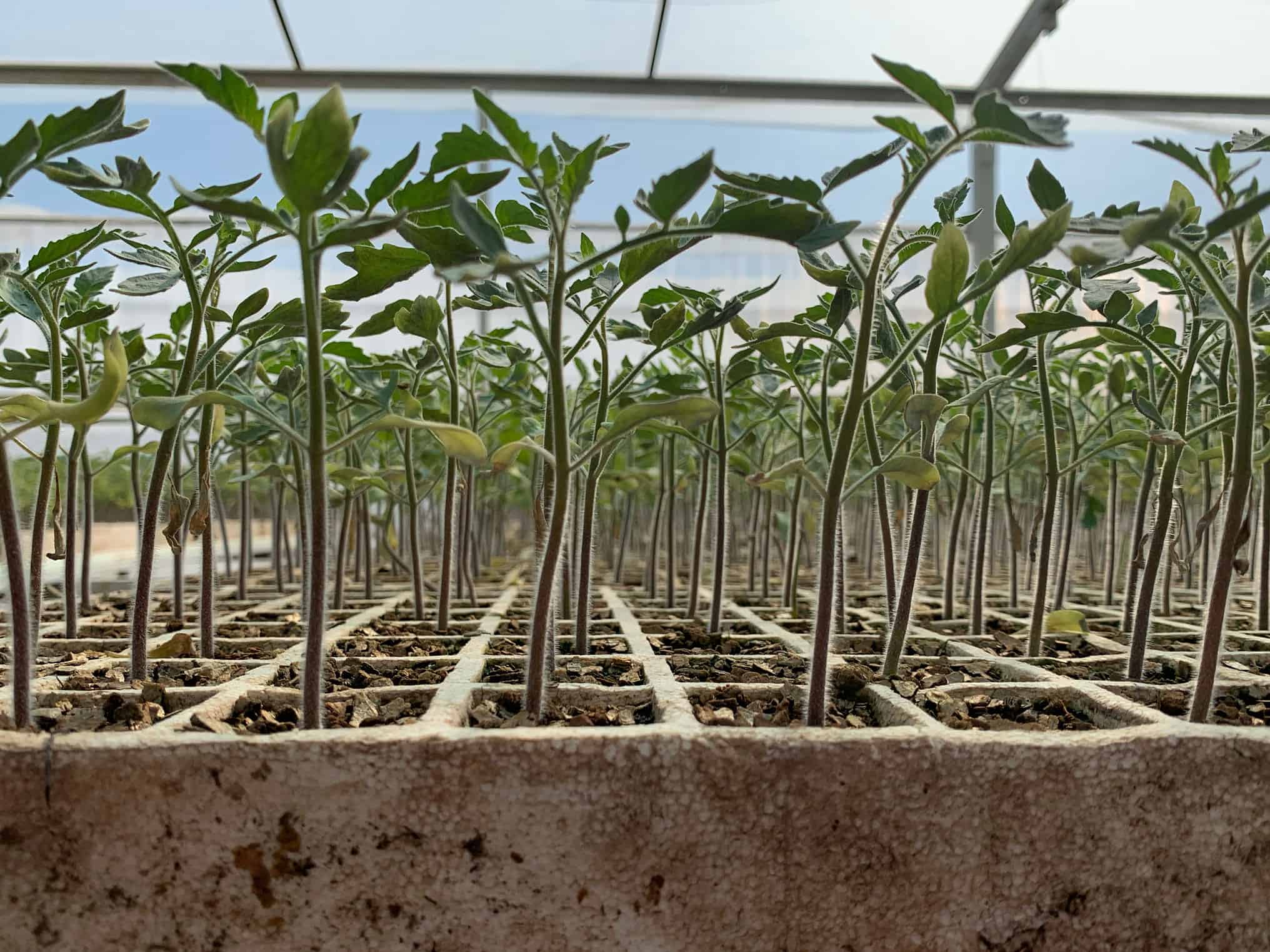About Us
Agrícola Belher
We are family-run company that is 100% committed to quality and the highest food safety standards, allowing us to offer fresh, healthy, safe, and sustainable products.
We promote the well-being of our workers, their families, their communities, and the environment.
4 strengths that set us apart from the competition:
- Innovation in the use of the most advanced technology.
- Excellent treatment of our employees, suppliers, and customers.
- The quality of our products.
- Our dedication to our work.
Our Story

Agrícola Belher is born
Our open field operation of beefsteak tomatoes yielded around 5 kg/m2; we also began to produce corn and sorghum. This same year, our first Community Development Center (CDC), Lo de Beltrán, is founded.
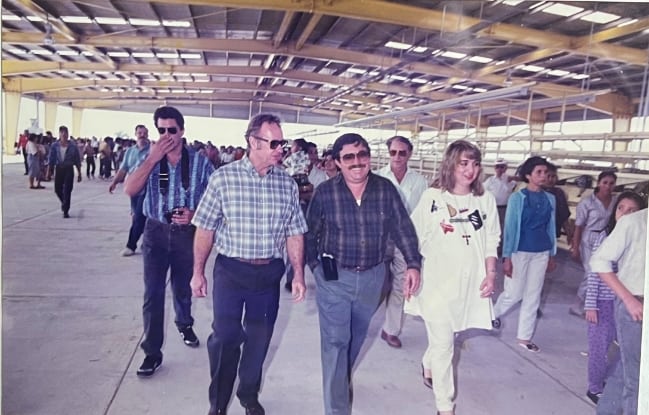
Don Memo Packinghouse
Empaque Don Memo [Don Memo Packaging] is built. The plant uses the latest technology for its time.

Goal Achieved
By selecting the best varieties and making our operation more efficient, we were able to increase our yield in open field to 8 kg/m2.
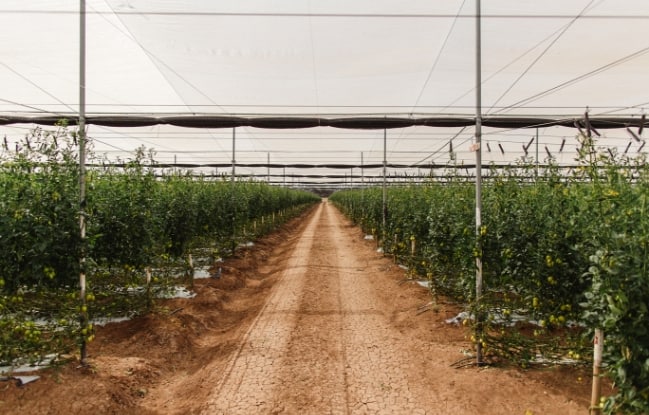
Technological Innovation
We built the first 15 hectares of shade-houses and increased production to 20 kg/m2. Our second CDC, Dorita, is founded.

Social Responsibility
CEMEFI [Mexican Center for Philanthropy] recognized us as the country’s only agricultural company certified as ESR [Socially Responsible Company] 1%, as we dedicate more than 1% of our pre-tax profits to social investment, thus caring for the complete wellbeing of our employees and their families.
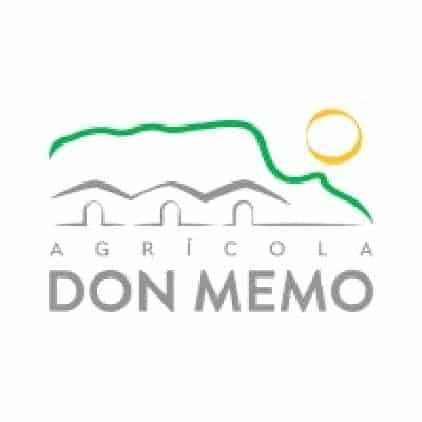
Agricola Don Memo
ADM, our sister company in Jalisco, is born. This allows us to supply our customers every day year-round, producing up to 70 kg/m2 of export quality.
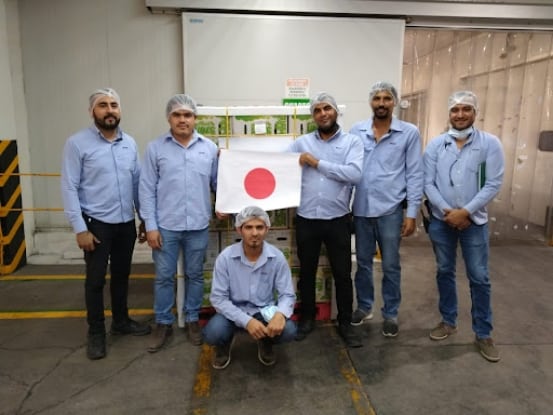
Hello Japan!
We became the first Sinaloan agricultural company to export tomatoes and Persian limes to Japan.
Strategic Infrastructure
Our two production centers are strategically located in the states of Sinaloa and Jalisco, allowing us to supply our customers 365 days a year.
1989
1990
2001
2005
2013
2015
2021
2022
Infrastructure
Seedling greenhouses
We produce our own seedlings in state-of-the-art greenhouses.
We monitor the process from the beginning to obtain higher quality plants with larger, stronger roots, and a higher germination rate before transplanting them to our fields.
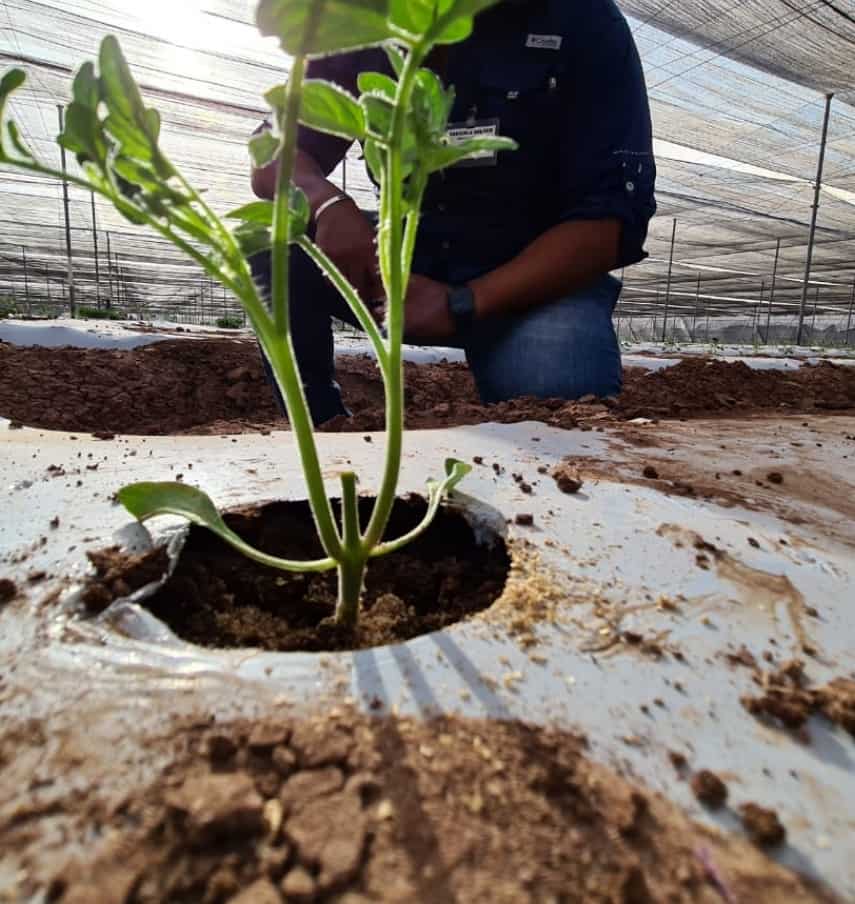
Shade Netting
This type of structure is designed to control the amount of light in our crops and protect them from certain types of insects; wind; dust; and other threats that could damage the fruits.
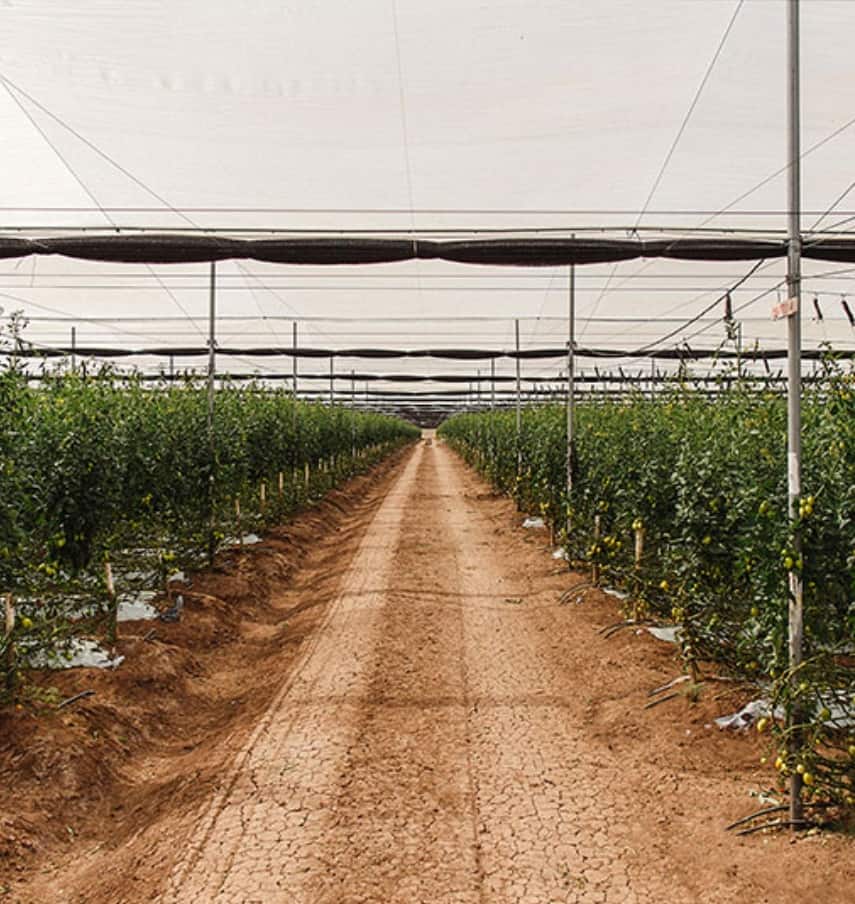
Macro Tunnels
This structure protects crops from adverse weather conditions (frost, hail, and rain) and reduces the presence of insects harmful to the crop.
Macro tunnels protect against direct solar radiation and maintain a more comfortable temperature inside. Tomato crops grown under this structure are of the highest quality and enjoy greater vigor, a better fruit size, better color, and optimal ripening.
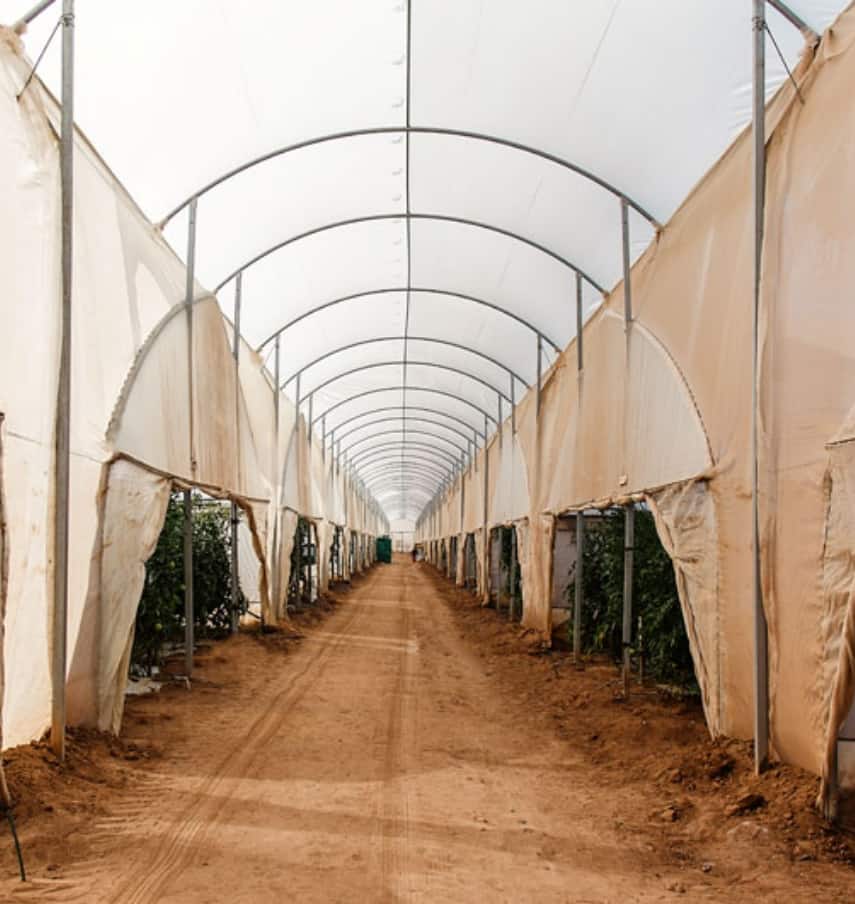
High-Tech Greenhouses
We have state-of-the-art greenhouses for hydroponic tomato growing
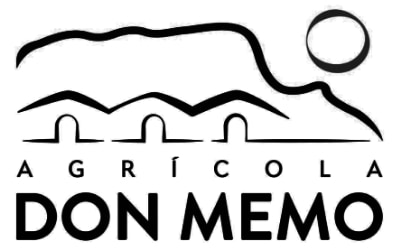
Estos invernaderos nos permiten mejorar el rendimiento de manera dramática, controlar plagas y maximizar el uso de recursos claves como el agua y el clima. Además, reducen la huella ecológica produciendo tomates de calidad mundial con una producción sustentable y amigable con el planeta.
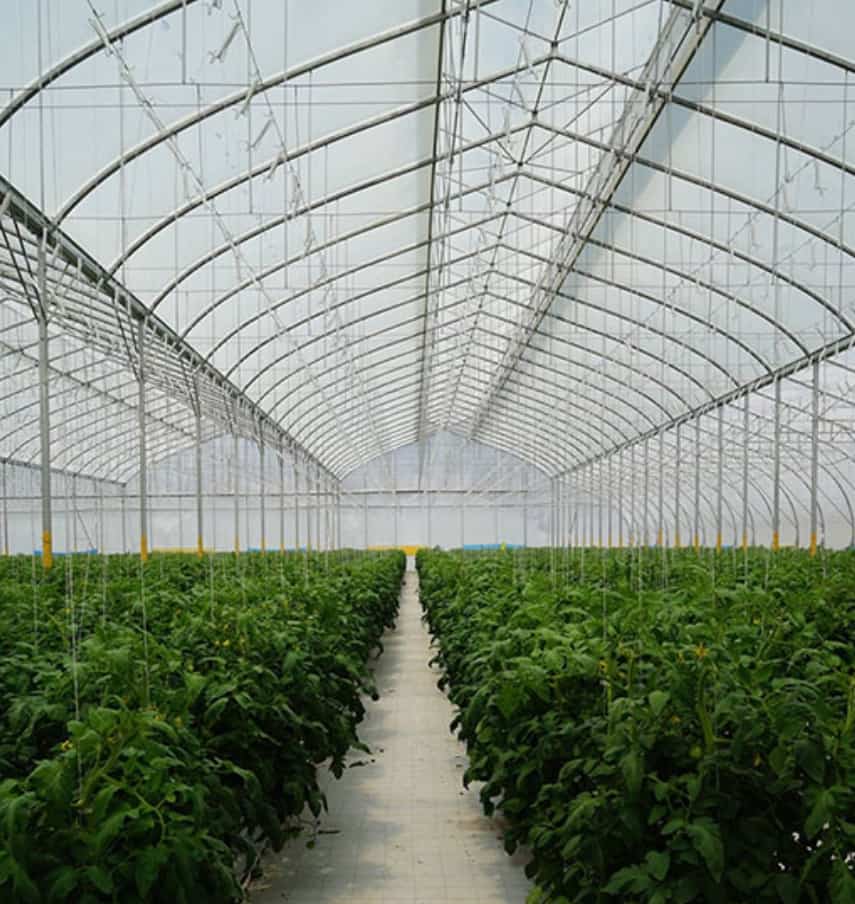
Safety
At Agrícola Belher, food safety is achieved through the Implementation of Good Agricultural and Manufacturing Practices, based on four pillars:
- Produce Quality and Food Safety
- Caring for the environment
- Minimize the use of agrochemicals
- Ensuring our workers’ welfare
In order to achieve this, the Department of Risk Prevention analyzes and protects products from contamination hazards at each stage of the production, packaging, and transportation processes. It also determines the appropriate controls and practices to reduce the risk of product contamination by microbiological, physical, and chemical agents.
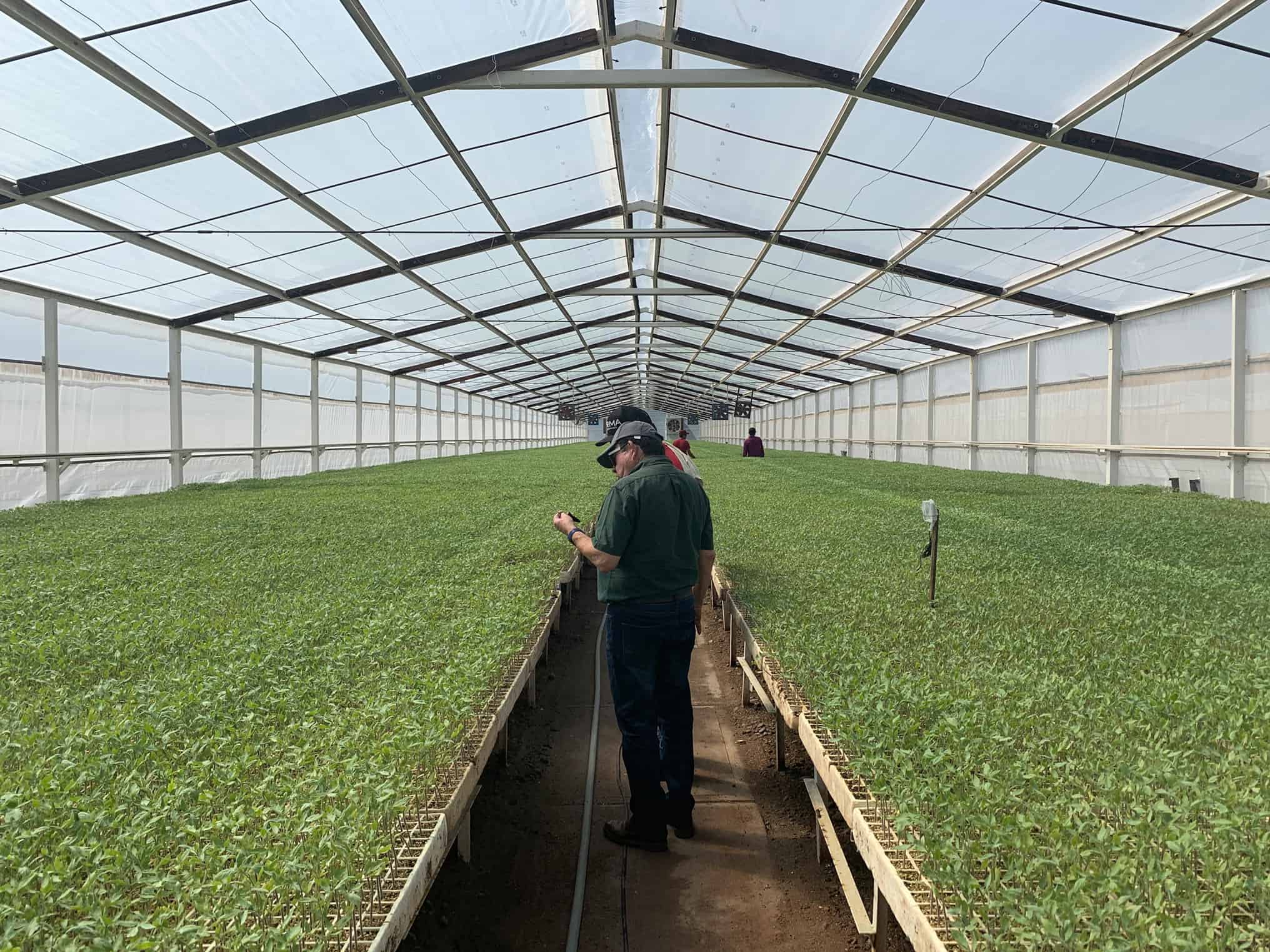
Sustainability
For us, sustainability is not a fad; it is our mission to contribute to the preservation of our planet. The land has given us everything, caring for it is part of our vision.
We achieve sustainability by implementing practices that are aligned with our philosophy of respect for nature and the efficient use of resources in all our processes, such as: Efficient water usage; fertigation management; use of drip irrigation equipment; computerized fertilizer injection systems; use of pest- and disease-resistant varieties; protected agriculture; and the use of environmentally friendly agro-inputs.
